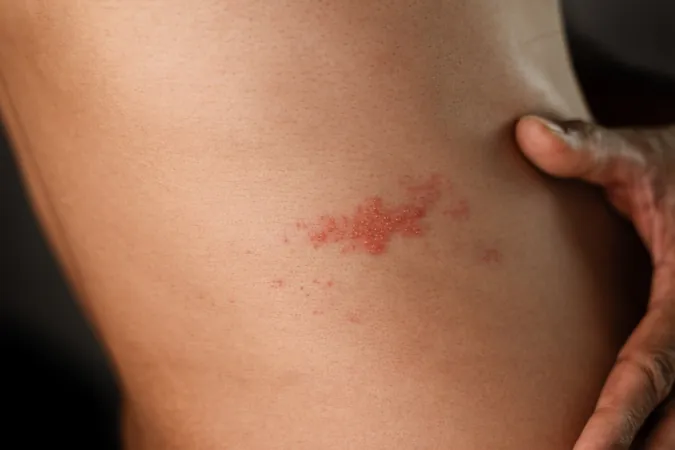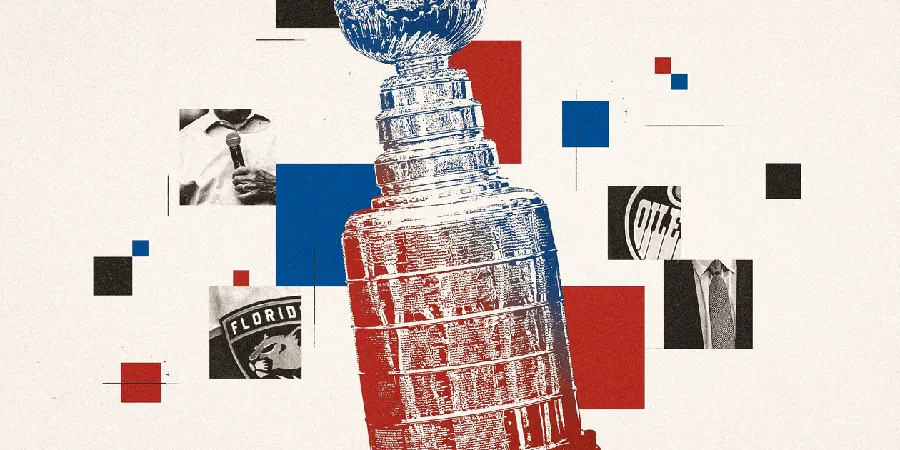
Shingles Vaccine: The Unexpected Ally Against Heart Attacks?
2025-05-05
Author: Kai
Could the Shingles Vaccine Protect Your Heart?
Exciting new research reveals that the shingles vaccine might do more than just shield you from shingles—it could also guard your heart! A groundbreaking study from Kyung Hee University in South Korea found a noteworthy connection between receiving the shingles vaccine and a reduced risk of heart attacks and strokes.
Published in the prestigious *European Heart Journal*, the study analyzed medical records of over a million South Koreans, uncovering that those who were vaccinated against shingles were significantly less prone to cardiovascular diseases compared to their unvaccinated counterparts. According to researcher Sooji Lee, this suggests that the vaccine not only protects against shingles but may also yield unexpected benefits for heart health.
Understanding Shingles and Its Risks
Shingles is triggered by the varicella zoster virus—the same culprit behind chickenpox. While chickenpox may be short-lived, this virus can remain dormant for years, ready to reactivate during times of weakened immunity. The result? Shingles manifests as painful rashes and prolonged nerve pain.
But the implications of shingles stretch far beyond immediate discomfort. Multiple studies have linked it to long-term health issues, including a heightened risk of Alzheimer’s and dementia—conditions that the shingles vaccine has been shown to potentially mitigate.
A Deep Dive Into the Research
South Korea’s single-payer healthcare system facilitates comprehensive health studies, allowing researchers to track vaccination data and cardiovascular health among residents aged 50 and above since the vaccine's launch in 2012. The results were compelling: shingles vaccination corresponded to a 23% lower risk of new cardiovascular conditions and a 26% reduced risk of significant heart events such as heart attacks and strokes.
Most remarkably, this protective effect was strongest in the two to three years following vaccination, with benefits still apparent as far as eight years later. Additionally, males, those in poorer health, and residents from lower-income backgrounds seemed to experience even greater protection.
The Mechanism Behind This Connection
Though these findings are observational and can’t definitively establish causation, researchers theorize that shingles may lead to inflammation and blood vessel damage—all known precursors to heart disease. Furthermore, nerve damage from shingles could potentially disrupt heart rhythms, leading to severe issues like cardiac arrest.


 Brasil (PT)
Brasil (PT)
 Canada (EN)
Canada (EN)
 Chile (ES)
Chile (ES)
 Česko (CS)
Česko (CS)
 대한민국 (KO)
대한민국 (KO)
 España (ES)
España (ES)
 France (FR)
France (FR)
 Hong Kong (EN)
Hong Kong (EN)
 Italia (IT)
Italia (IT)
 日本 (JA)
日本 (JA)
 Magyarország (HU)
Magyarország (HU)
 Norge (NO)
Norge (NO)
 Polska (PL)
Polska (PL)
 Schweiz (DE)
Schweiz (DE)
 Singapore (EN)
Singapore (EN)
 Sverige (SV)
Sverige (SV)
 Suomi (FI)
Suomi (FI)
 Türkiye (TR)
Türkiye (TR)
 الإمارات العربية المتحدة (AR)
الإمارات العربية المتحدة (AR)